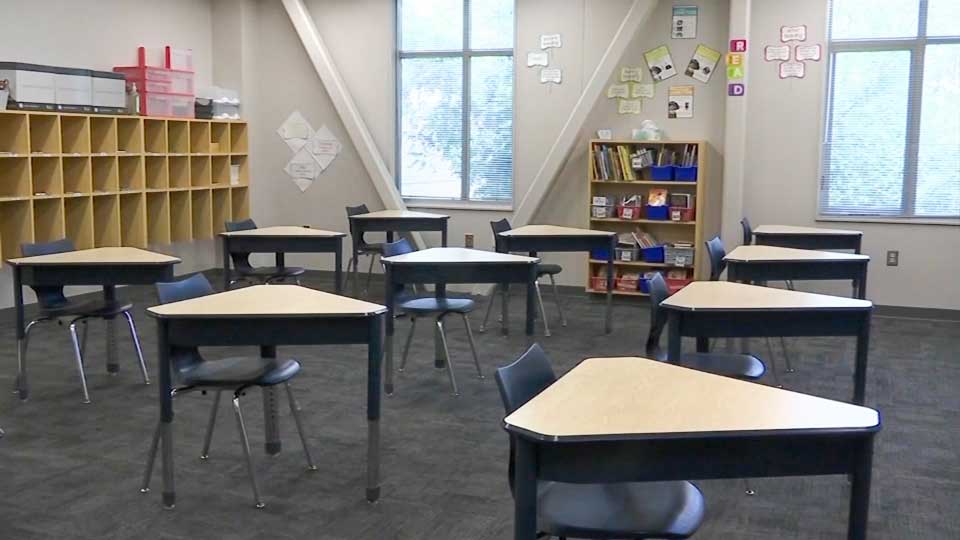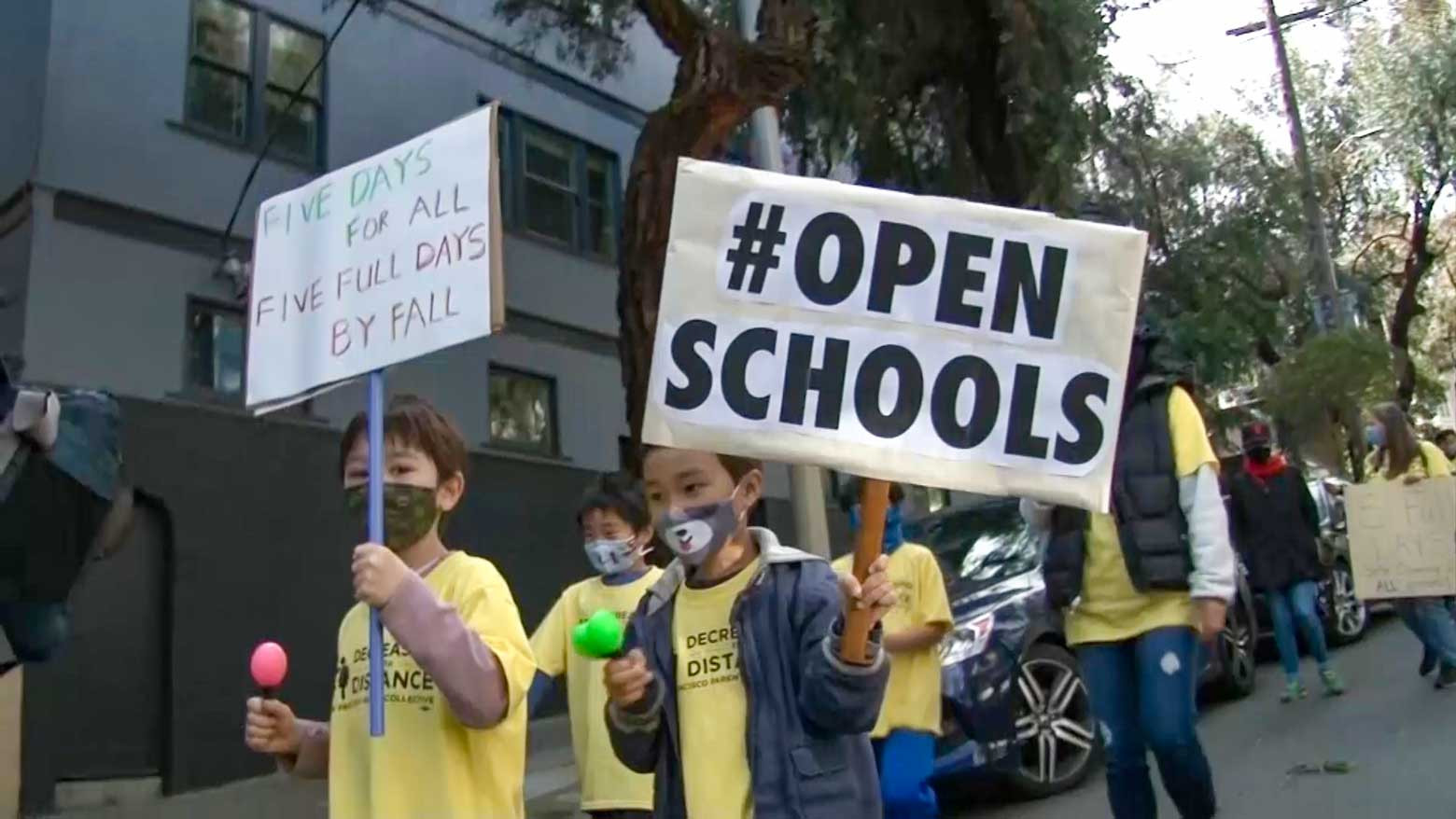The pandemic's impact on education has been dubbed "the Covid slide": the longer a student stays out of the classroom, the greater the impact on their academic achievements. But not everyone has been sliding at the same speed.
"Students have been forced to, very quickly since last spring, move from completely in-person to completely online," says Robert Franek, editor in chief of the Princeton Review. "Not every student and not every school has been able to seamlessly make that transition."
A recent study by Policy Analysis for California Education (PACE), a research group based out of Stanford University, suggests that the pandemic has worsened existing inequalities in student learning outcomes. Students from minority and low-income backgrounds have less access to the private tutoring, high-speed internet and other resources enjoyed by their classmates from richer, whiter communities. The pandemic has widened the gap, says PACE executive director Heather Hough, but she cautions that simply reopening the classrooms as quickly as possible isn't the answer.
"When we think about what coming back into school will look like, there needs to be really deliberate attempts and efforts to reengage those students, to motivate them to address their mental health needs," she said.

But many parents and politicians disagree. A rally in mid-March, organized by San Francisco parents' group Decreasing the Distance, pushed for a full reopening of all city schools. Mayor London Breed was the featured speaker.
"It's time for the excuses to be thrown out the window and it's time for us to open up our classrooms," she said. "We don't have time for dysfunction. We need action now."
Other Democratic leaders, including California Governor Gavin Newsom and President Joe Biden, have joined the chorus calling for schools to reopen. Doctors and public health experts largely agree that it is safe to reopen elementary schools, though over half say that fifth grade should be the cutoff. Expert opinion also varies on how low transmission rates in the wider community should be before schools open their doors.
The San Francisco school board has since met Decreasing the Distance's demands, and committed to returning all students to the classroom by fall. But many teachers in the city say the reopening is rushed and poorly planned and does not leave them enough time to prepare the resources needed to help students succeed.
PACE's Heather Hough says the focus shouldn't be on when to reopen, but how.
"We need to really think about the comprehensive set of services and supports that students will need to reengage with each other and to access academic content," she says. "We can't go back to the way normal was before."

